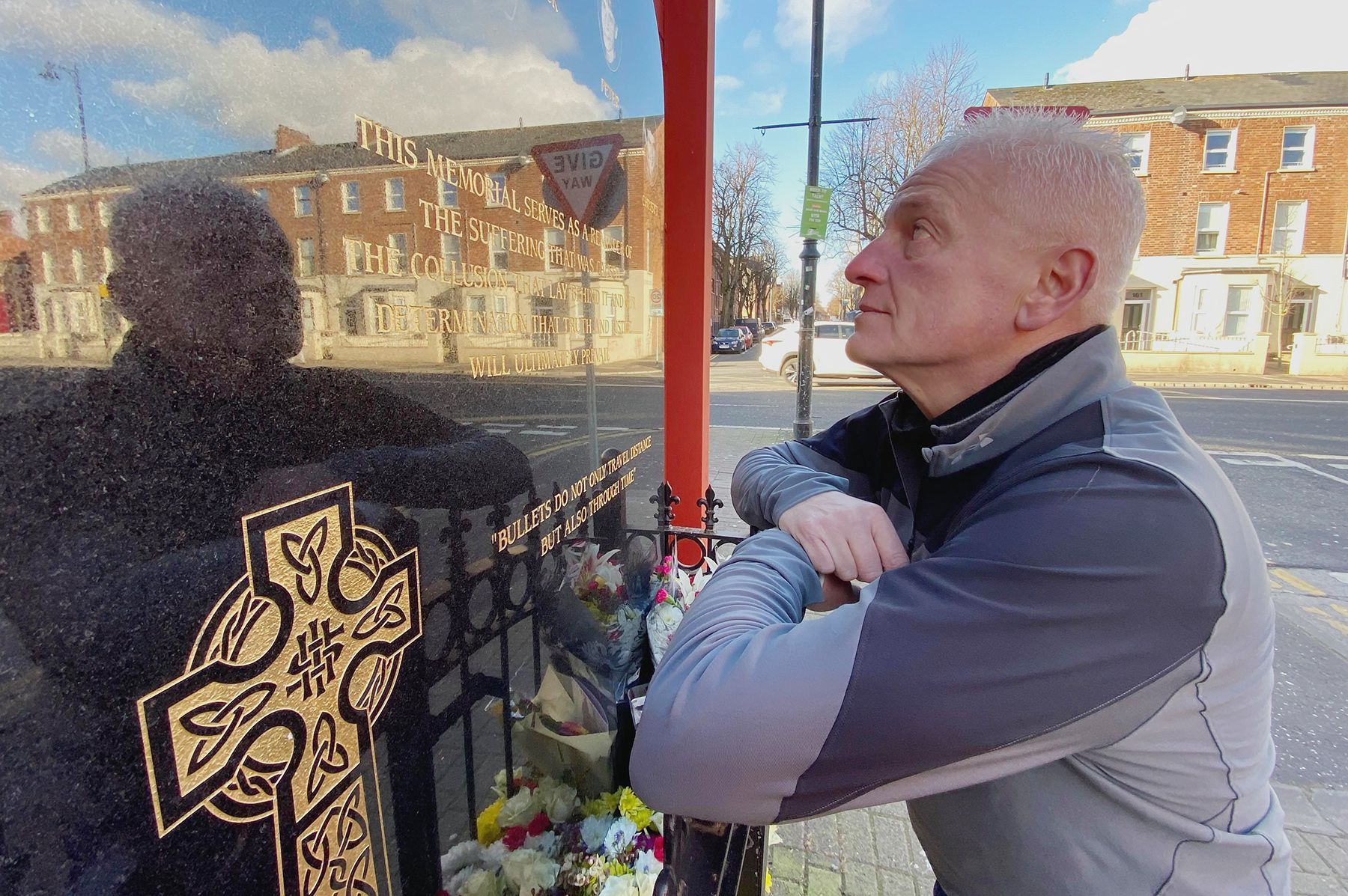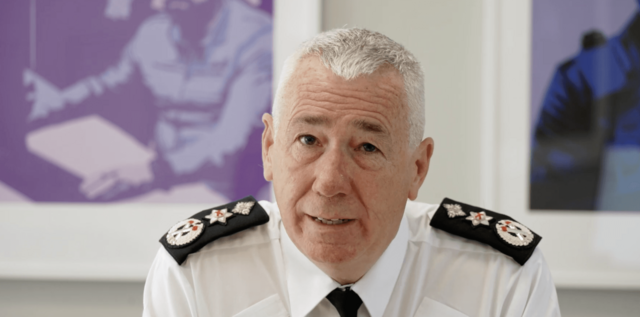CHANGING the RUC into the PSNI was an exercise in societal avoidance. It was as clear as day that the change was necessary because the RUC was unacceptable to the nationalist/republican community as a result of its systemic discrimination and policies of violations, but officially that was never stated.
Instead, the Queen of England presented a George Cross medal to the RUC. Former RUC, described by then Chief Constable Hugh Orde as “dinosaurs” (aka unreconstructable), left the RUC with pensions and severance packages, so that they did not have to become human rights-compliant officers, or face structures of accountability. A police benevolent fund which describes itself as “all things to all people” was established to pay out thousands of pounds for driveways, gardening and teeth implants. All to avoid one thing – to say that the RUC was a conflict actor.
Elsewhere, and quite astonishingly, it is former RUC members who are leading the legal charge against families who have received Police Ombudsman reports in the Northwest and on the Ormeau Road.
Not one RUC officer faced criminal sanction for wrongdoing, so bereaved families have refused to go away, and in recent years a modest number of Police Ombudsman reports have been published which all point to policies of incredibly poor murder investigations, deliberate failings and collusive behaviours by the RUC with, particularly, loyalist paramilitary groupings. The attitude of the PSNI and of former RUC members is notable.
In evidence to the House of Commons last week, former RUC Special Branch honcho and Assistant Chief Constable Chris Albiston bemoaned the reputation of the RUC being “truly trashed”. It was an appeal for pity, an exercise in cognitive dissonance as the debate on the legacy Bill of Shame rages.
Elsewhere, and quite astonishingly, it is former RUC members who are leading the legal charge against families who have received Police Ombudsman reports in the Northwest and on the Ormeau Road. Challenging any reference to “collusive behaviours” and the authority of a Police Ombudsman to use that phrase, they don’t care about the families bereaved in the most heinous of circumstances; they don’t care that their legal tactics add to the decades of trauma; they don’t care that they are preventing societal reconciliation with our past. They only care about maintaining a “reputation” that precedes the evidence-based trail of investigations that lead to one conclusion – that RUC Special Branch and senior management was up to their neck in illegal activities in running paramilitary agents during the conflict.
But here is the thing – the RUC’s reputation has not been trashed. All of the “policing reforms” occurred because of the RUC’s reputation. We just have not been honest. The Police Ombudsman reports are merely a reflection of the lived reality that led to policing reform.
However, the societal cognitive dissonance that allows the RUC’s reputation to go officially unchallenged has allowed a pernicious growth of RUC defence by the PSNI. Latest statistics that the PSNI is not attracting Catholics, that Catholics are more likely to be stopped and searched, and that even Catholics under attack are less likely to receive a speedy PSNI response tell us that this is not a legacy issue. Defence of the RUC has infected the PSNI, and history could, if not clarified, happen again. That might serve the selfish interests of some, but will not serve our transitional society. Not one bit.








